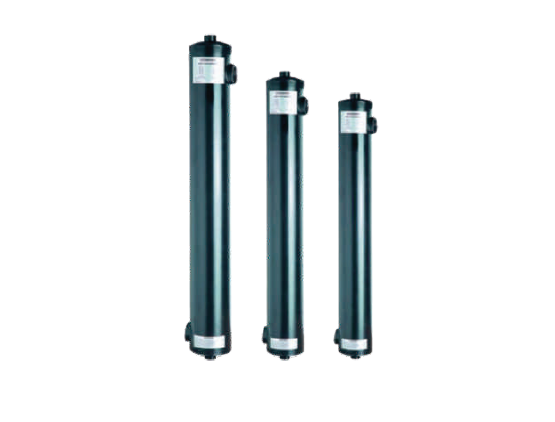Pool Heat Exchanger Series
A pool heat exchanger is an important component of swimming pool heating systems, allowing for the transfer of heat from a heat source to the pool water. It enables pool owners to extend their swimming season by maintaining a comfortable water temperature even in cooler weather conditions.
The purpose of a pool heat exchanger is to transfer thermal energy from a separate heat source, such as a boiler or a solar thermal system, to the pool water. The heat exchanger consists of a series of tubes or plates that serve as the medium through which heat is exchanged between the two fluids.
One fluid, known as the primary fluid, circulates through the heat source and carries the heat. The other fluid, called the secondary fluid, is the pool water that needs to be heated. These fluids do not mix directly but exchange heat through the heat exchanger’s surface.
As the primary fluid flows through the heat exchanger, it transfers its heat to the secondary fluid, raising the temperature of the pool water. The heat exchanger design maximizes the surface area available for heat transfer, ensuring efficient and effective heating of the pool water.
Pool heat exchangers come in different types, including shell and tube heat exchangers, plate heat exchangers, and coaxial heat exchangers. The choice of heat exchanger depends on factors such as the size of the pool, desired heating capacity, available heat source, and installation requirements.
Using a pool heat exchanger offers several benefits. It allows pool owners to enjoy a comfortable swimming experience regardless of the external temperature. It is also energy-efficient, as it utilizes an existing heat source rather than relying solely on electric heating methods. Additionally, heat exchangers are relatively low maintenance and have a long lifespan.
Proper installation and sizing of the heat exchanger are crucial for optimal performance. It is essential to consider factors such as the desired water temperature, pool size, and heat source capacity to ensure the heat exchanger can meet the heating requirements effectively.
In conclusion, a pool heat exchanger plays a vital role in swimming pool heating systems. By facilitating the transfer of heat from a separate heat source to the pool water, it enables pool owners to enjoy comfortable swimming temperatures and extend their swimming season. With the right design, installation, and maintenance, pool heat exchangers offer efficient and cost-effective heating solutions for pools.





